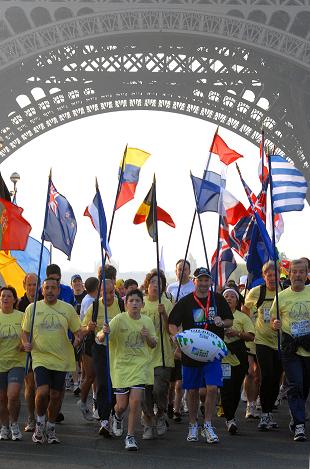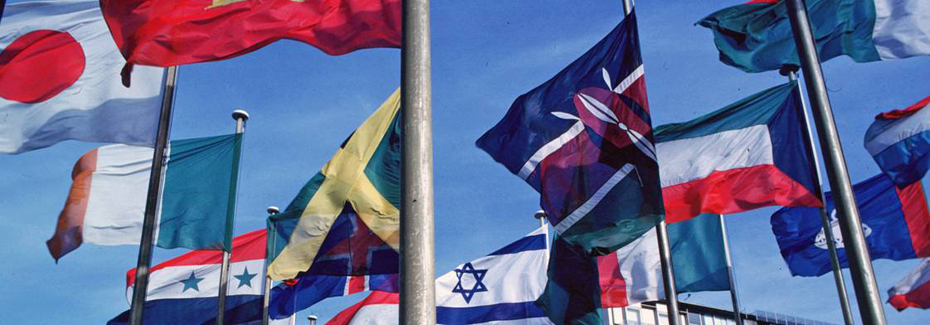Since Wars Begin in the Minds of Men, It is in the Minds of Men that the Defences of Peace Must also be Constructed
UNESCO Constitution, London, November 1945.
The United Nations Educational, Scientific and Cultural Organisation came into force in 1946, in the aftermath of World War II. It was founded on the belief that a peace based exclusively on the economic and political arrangements of governments could not secure the lasting support of the peoples of the world; it had to be founded on the intellectual and moral solidarity of mankind, and advanced through educational, scientific, and cultural relations.

UNESCO Today
Today, UNESCO functions as a standard-setter and laboratory of ideas, acting as a clearing house for the sharing of knowledge, and promoting international cooperation among its 193 member states and 6 associate members, and helping them to build their capacity. Among its goals are the alleviation of poverty in the developing world, ending the gender disparity in education, achieving universal primary education, and helping countries to implement a national strategy for sustainable development to reverse the current loss of environmental resources by 2015.
UNESCO’s Themes
Currently, UNESCO's activities in the field of culture fall under three inter-related themes:
- Protecting cultural diversity
- Promoting cultural pluralism and intercultural dialogue
- Strengthening links between culture and development
All three of these are relevant to the World Heritage List. The link between cultural and development is especially relevant to the Durham World Heritage Site, since it is one of the North East of England’s most important heritage assets, and essential to tourist (and therefore economic) development in the region.
UNESCO Heritage Programmes
The World Heritage Centre is at the forefront of the international community’s efforts to protect and preserve. From emergency assistance to safeguard properties in danger, to long term conservation, management planning, technical assistance, professional training, public and youth education, and awareness-building, the World Heritage Centre and its partners have developed a series of initiatives and have been actively involved in the implementation of projects, participatory workshops, seminars and training courses.
The UNESCO website has a full list of activities and events.

